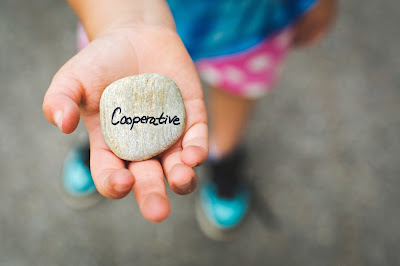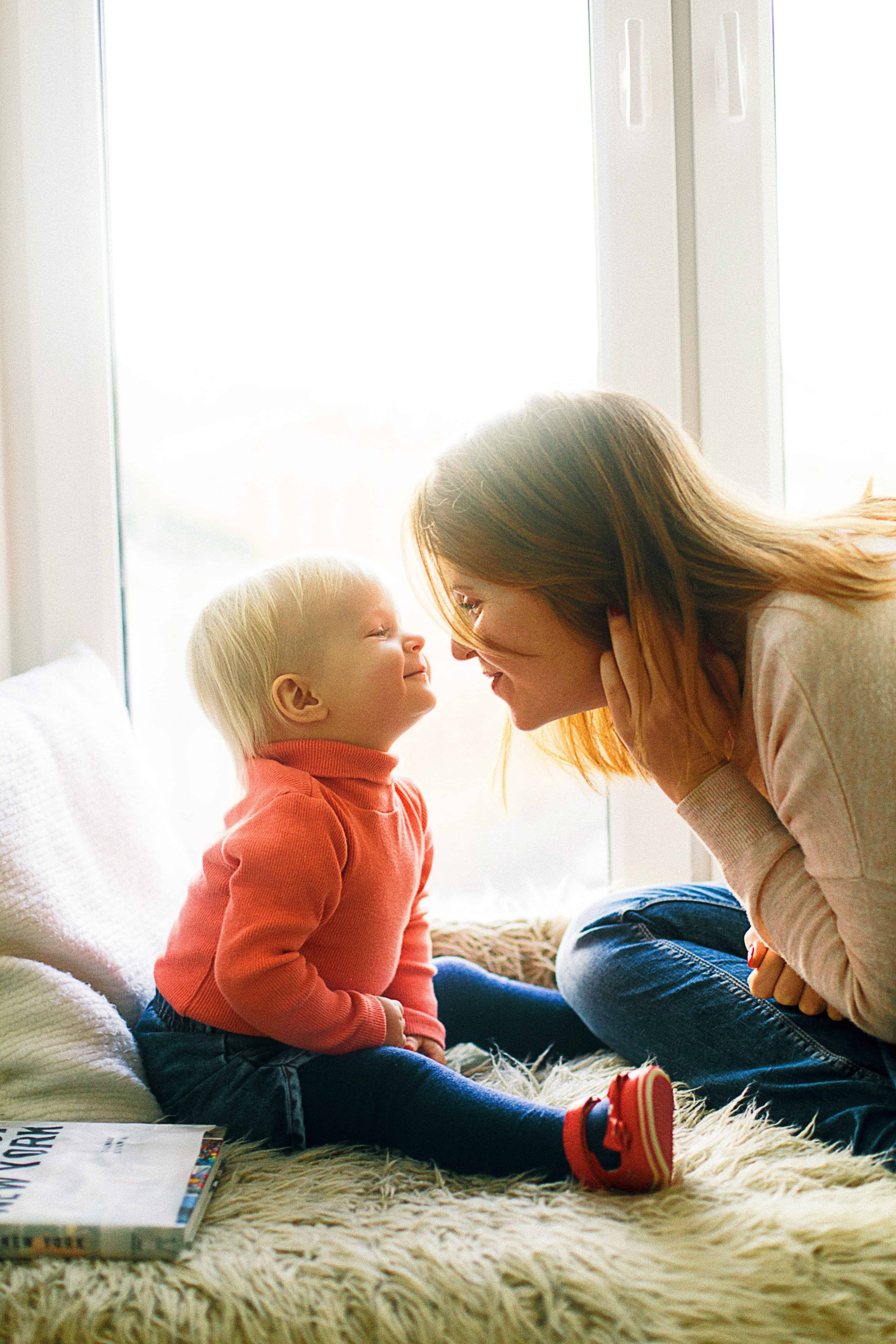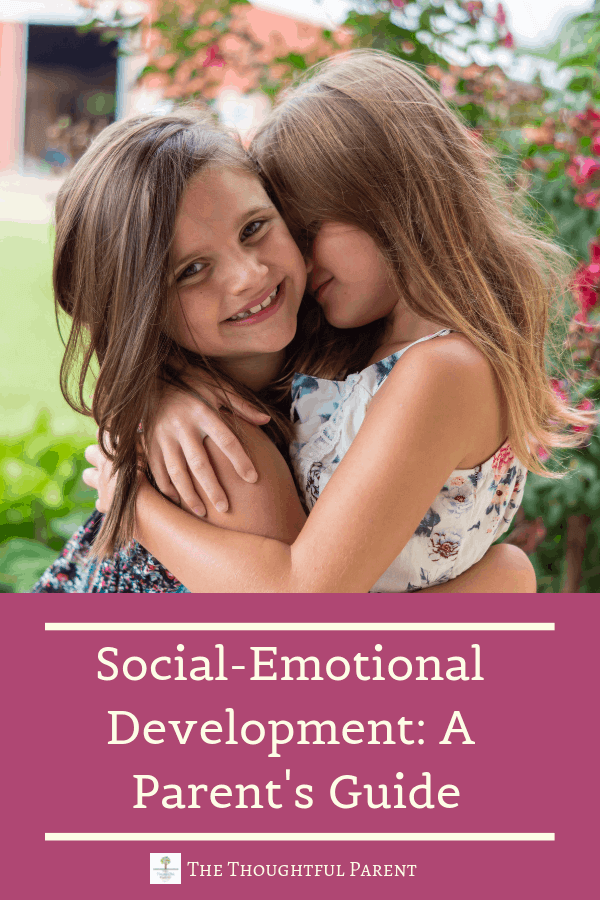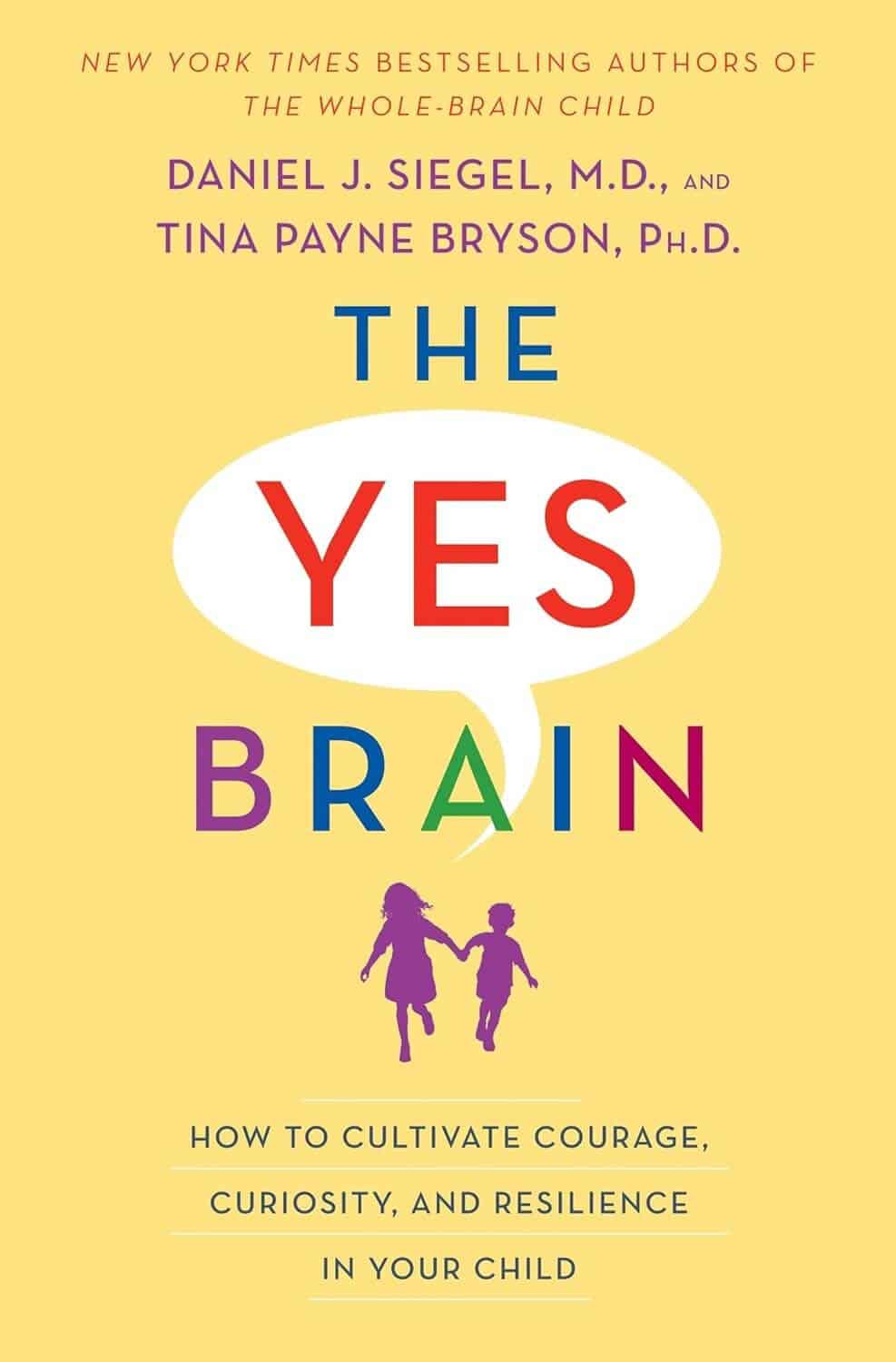
I have a friend I’ve known since kindergarten. We went through all our years of schooling together (gotta love small towns!).
I adore this friend, however, secretly I was always a little jealous of her. Through all those years, she was always one of the most popular kids. I had plenty of friends, but everyone loved her.
She wasn’t the most athletic and didn’t wear the trendiest clothes as you might assume of popular kids. It wasn’t until much later, with the maturity of adulthood, that I realized why she was popular.
Seeing her as an adult, I realized the key–she was genuinely kind.
Not sugary sweet, roses and sunshine kindness. She made people feel good.
While I thought of myself as a nice person, she was different. She would make an effort to befriend any kid in our class, even if they seemed to have little in common on the surface. While I was always a little too shy and introverted to reach out to others, she was not.
She genuinely wanted to hear what you had to say. While I was hampered by a fear of rejection to reach out to people too much, she brought people into her circle with no problem.
When my elementary-age son was bemoaning the fact that he wasn’t “popular” one day after school, I told him about my friend. It really made an impact on him and that has been his goal ever since–to be known as the “kind, popular kid.”
Isn’t this the type of popularity we want for our kids?
I don’t mean this in a Pollyanna, “let’s make the world a better place” kind of way. I really mean that don’t we want the next generation of kids to have the social emotional skills to make those around them feel good (and themselves feel good). In this age of digital technology and screen time addiction, don’t we want kids who look people in the eye and value human connection?

By fostering the social-emotional development in our kids, we can do just that. It’s not always easy to parent this way. We often feel we are going “against the grain” of modern culture by valuing kindness, empathy and real connection with our kids. But isn’t it worth it?
Research backs up our mission–kids who have strong social-emotional skills tend to be happier over the course of their lives. Why? These skills make everything in life better — relationships, job dynamics, even academics.
In the past, social-emotional development may have been considered just a set of “soft skills” that were only relevant for those “helping” professions like nurses or teachers. These days are long gone. Across the business spectrum, companies are realizing the benefit that employees bring when they have strong social-emotional skills like cooperation, communication, empathy, and conflict resolution.
How Can Parents Support Social Emotional Development?
Fostering social-emotional skills in our children requires many of the same strategies that we use to help our kids gain any life skill–prioritizing, modeling, and practice. Social-emotional development takes years, but the attention you give to fostering these skills will serve kids well for the rest of their lives.
Prioritizing Social Emotional Skills
First, of course, making social-emotional development a priority in our lives and that of our kids is the first step in growing these skills.
- The Secret to Raising Happy Kids: Don’t Focus on Happiness
- Super Simple, Research-Backed Ways to Raise a Thankful Child
- Raising Compassionate Kids: The Role of Nature and Nurture
- How Understanding Growth Mindset Will Help Your Child Look at Failure in a Whole New Way
Modeling Social Emotional Skills
We can model these skills through our own behavior and the language we use. Kids are like little sponges in how they absorb all they hear and see. Modeling the behavior we want to foster is one of the easiest ways to reinforce it:
- 7 Ways to Teach Your Child About Kindness
- In a Divisive World, Raising an Emotionally Intelligent Kid is a Powerful Act
- Getting Beyond “Count to Ten”: Learning to Be a More Patient Parent Using a Simple Process
- Toddlers Have Big Emotions. Research-Backed Ways to Respond Effectively
- The Hidden Way That Kids Learn Empathy (and How Parents Can Help)
- The Moral Mind of Toddlers
- The Amazing Role of Parents in Building Children’s Executive Functioning Skills

Practicing Social Emotional Skills
We can also allow our kids plenty of opportunities to practice their emotional skills through acts of service, games, interactions and play:
- 7 Reasons to Ditch Elf on the Shelf (and a kind alternative we love)
- Fun, Meaningful Kids’ Gifts that Promote Kindness
- Gifts that Promote Child Development: Social-Emotional Skills
- 7 Advent Calendars that Foster Kindness, not Consumption
- Foster Empathy in Kids with These Simple but Powerful Acts of Kindness
- Surprisingly Helpful Calming Activities for Super-active Kids
- The {Reverse} Winter Bucket List that Helps Your Kids Focus on Gratitude
- Valentine’s Books for Preschoolers that Help Them Learn About Emotions
Social Emotional Skills in the Real World
If you ever wonder or doubt how children use social-emotional skills in the real world, these articles offer insight into how this plays out. These crucial skills can help kids thrive in all aspects of life–academics, career, relationships and personal growth:
- What I Learned From MLK About Emotional Regulation (for Adults and Kids)
- Emotional Intelligence in Children: How to Develop those Crucial “Soft Skills”
- Executive Functioning Skills: The New Research that Convinced Me to be a Soccer Mom Dropout
- The Emotional World Behind Kids’ Attention Problems: How Social-Emotional Learning Supports Academics
- The Myth of a Stress-Free Childhood
- 3 Top Tips for Raising a Kind Child: Realistic Ideas for Parents
- “Use Your Words”: How Language Skills Help Boys Develop Self-Regulation
Ultimately, I think most of us want to raise kids who do not just seek their own happiness, but who care about others and find meaning in their lives. By fostering social-emotional development in our children from a young age, we can offer them this gift that will keep giving their entire lives.
Related Resources:
Perfect for Pinning:






